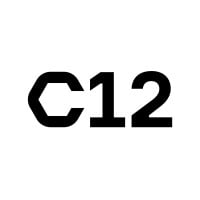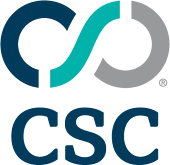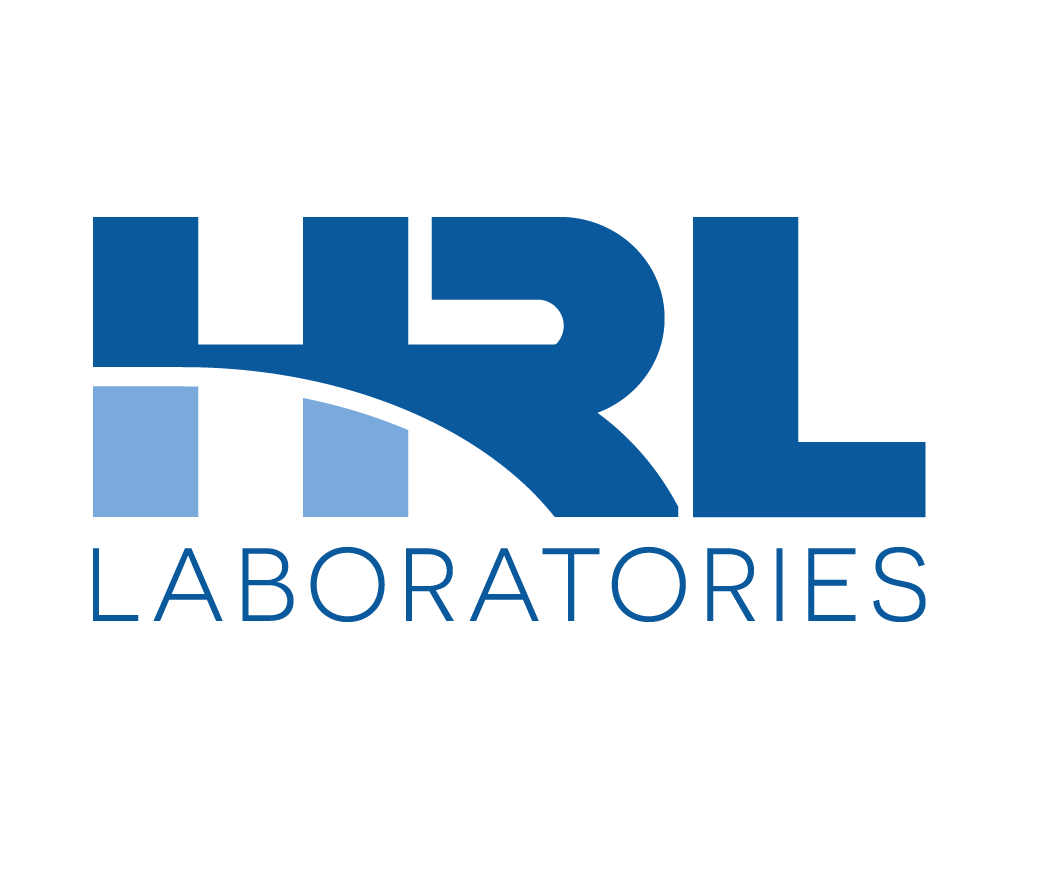Your tasks will include:
- Develop impactful hybrid quantum algorithms and applications that promise commercial advantages in practice and scale
- Collaborate with the software team to implement and develop optimized hybrid workflow of quantum algorithms for our quantum architecture
- Collaborate closely with our business team and industrial partners to explore the potential of quantum computing for specific industries
- Partner with our clients and strategic partners to define and solve problems of real-world interest, and to develop quantum algorithms tailored to their specific needs
- Participate in scientific collaborations with academic and industrial partners
- Present research findings in technical discussions and journal publications
About you:
- You have a PhD in computer science, quantum computing, mathematics, engineering physics or related fields
- 5 years of research and/or industry experience in developing hybrid end-to-end solutions for quantum computing applications would be appreciated
- Experience in applying quantum algorithms to practical problems in areas like optimization, simulation or machine learning
- Passion for tackling big challenges
- Self-motivated and able to work independently
- You are able to collaborate across diverse teams of expert engineers from various backgrounds (chemistry, experimental physics, mathematics, engineering … )
- You have a good command of English (oral and written)
What we offer:
- Flexible rhythm of remote work
- Stock options for every employee (BSPCE/ESOP)
- Two incredible office spaces in the heart of Paris (both next to the famous Panthéon!)
- Sponsored trip to conferences around the world
- A highly dynamic international team
- Swile meal vouchers
- Breakfast for all every Friday
- Mental health support with moka.care
- Training budgets/ Annual Learning & Development Allowance
- Sabbatical leave (after 2 years in the company)
You should join us if...
- You want to contribute to achieving landmark results in quantum computing, making a difference in the emerging quantum technologies.
- You want to work within a 60-people team with various backgrounds in nanofabrication, quantum electronics, and carbon nanotube science to create a revolutionary quantum computing processor.
- You want to thrive in an exceptional scientific environment with several industrial and academic partners.
- You share our values (excellence, scientific integrity, diversity, curiosity, and care) and want to help us define our product-focused culture and ambition to accelerate.
Top Skills

What We Do
C12 is building reliable quantum computers.
The company is a spin-off from ENS launched in January 2020 by twin brothers Matthieu and Pierre Desjardins to supercharge the development of the lab’s promising new quantum technology.
Quantum computing has the potential to change our lives. But frequent errors limit the technology’s viability. We are tackling the fundamental issue: the nature of the hardware itself. We are tapping into the simplest material–carbon–to drive a technological breakthrough in the field. Unlike other quantum computers, we use carbon nanotubes as the fundamental building block of our processor. By combining the power of an ultra-pure material with an easy-to-manufacture semiconductor device, we are building a scalable platform for quantum computing.
Our executive co-founders bring a unique combination of scientific excellence and business skills to the company. Our team is made up of the world’s most accomplished experts in quantum electronics and carbon nanotube science. Our scientific advisors are renowned scientists and pioneers in spin qubits: Dr. Takis Kontos, Dr. Matthieu Delbecq and Dr. Jérémie Viennot.
In June 2021, C12 secured a $10 million seed round with funding from 360 Capital, Bpifrance (Digital Venture Fund), Airbus Ventures, BNP Paribas Développement, and Octave Klaba (OVHcloud), and additional grants from Bpifrance and the Ile-de-France Region.
We are leading quantum’s next material breakthrough, and we are just getting started. Silicon enabled the emergence of classical computing – it’s time for carbon to do the same for quantum !








